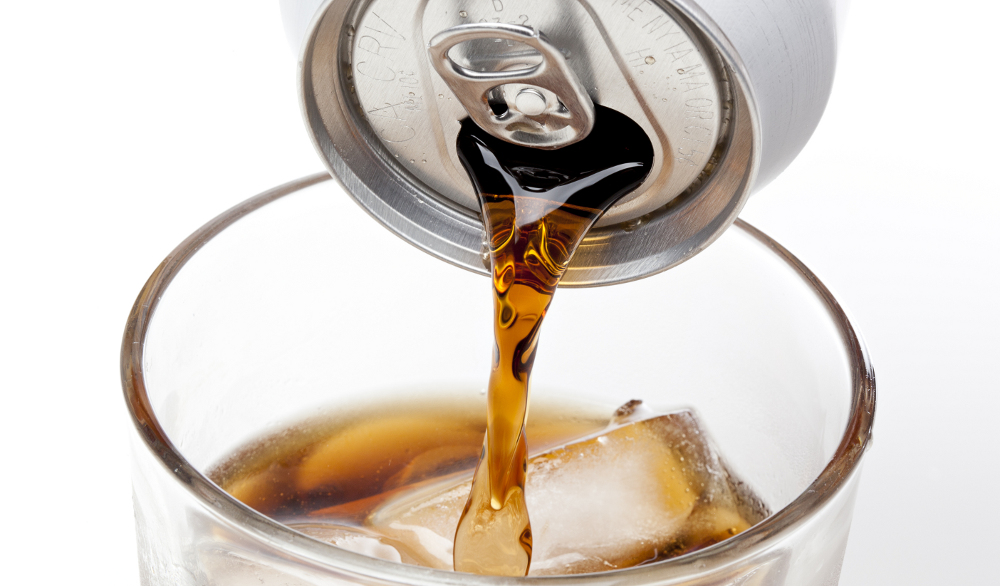March 27, 2020 by John Fernandez
Top 5 Blog Posts of 2017: From ‘Dry Drownings’ to Fidget Spinners

It’s been a very busy year for Resource/Salud as we’ve covered a wide range of local and national health trends throughout 2017, adding the perspective of our physicians, dietitians and other experts. Below are the top five Baptist Health blog posts, based on page views. The topics cover a range of very serious conditions or diseases, with one article inspired by a popular toy trend. Here’s the top five, starting with No. 5:
5. Fidget Spinners: Help or Hype? (Video)
 They’re the latest craze for kids sweeping across the country – fidget spinners. Their popularity has risen so much that retailers can’t keep them in stock. Fueling sales of the spinners are marketing claims that the devices help ease stress and are even “perfect for attention deficit disorder (ADD), attention deficit hyperactivity disorder (ADHD), anxiety and autism,” according to one of the manufacturers. However, there’s no scientific evidence that proves fidget spinners are helping address these issues. Read more
They’re the latest craze for kids sweeping across the country – fidget spinners. Their popularity has risen so much that retailers can’t keep them in stock. Fueling sales of the spinners are marketing claims that the devices help ease stress and are even “perfect for attention deficit disorder (ADD), attention deficit hyperactivity disorder (ADHD), anxiety and autism,” according to one of the manufacturers. However, there’s no scientific evidence that proves fidget spinners are helping address these issues. Read more
 Human papillomavirus, or HPV, has gained much attention over the past decade, as more research points to its strains as causes of certain types of cancer. Now, a report by the U.S. Centers for Disease Control and Prevention shows that the risk may be more widespread than previously thought. The report found that nearly 1 in 5 U.S. adults under the age of 60 are infected with one of 14 “high-risk” strains of HPV. These strains, say other studies, are sexually transmitted and have been linked to 31,000 cancer cases each year. Those cases include cervical, vaginal, vulvar, penile and oral cancers. Read more
Human papillomavirus, or HPV, has gained much attention over the past decade, as more research points to its strains as causes of certain types of cancer. Now, a report by the U.S. Centers for Disease Control and Prevention shows that the risk may be more widespread than previously thought. The report found that nearly 1 in 5 U.S. adults under the age of 60 are infected with one of 14 “high-risk” strains of HPV. These strains, say other studies, are sexually transmitted and have been linked to 31,000 cancer cases each year. Those cases include cervical, vaginal, vulvar, penile and oral cancers. Read more
3. More Women at Risk of Dying from Cervical Cancer, Study Shows
 While cervical cancer remains one of the most highly preventable diseases in the U.S., more women may be dying from it than previously thought. According to a new study published this month in Cancer, a journal of the American Cancer Society (ACS), African-American women are dying from cervical cancer at a rate 77 percent higher than former reports indicated. And the study, led by researchers at Johns Hopkins Bloomberg School of Public Health, found white women are dying at a rate 47 percent higher than may have been stated earlier. Read more
While cervical cancer remains one of the most highly preventable diseases in the U.S., more women may be dying from it than previously thought. According to a new study published this month in Cancer, a journal of the American Cancer Society (ACS), African-American women are dying from cervical cancer at a rate 77 percent higher than former reports indicated. And the study, led by researchers at Johns Hopkins Bloomberg School of Public Health, found white women are dying at a rate 47 percent higher than may have been stated earlier. Read more
2. Diet Sodas Linked to Higher Risk of Stroke, Dementia
 Millions of Americans opt for diet sodas to avoid unnecessary weight gain or other health problems tied to sugar-heavy beverages. But those very popular diet drinks, which are artificially sweetened, are now linked to a higher risk of stroke and dementia in a new study published in the American Heart Association’s journal Stroke. While researchers did not establish an actual cause-and-effect association, there is a growing concern within the medical community that the daily consumption of diet beverages may prove more harmful than beneficial. Read more
Millions of Americans opt for diet sodas to avoid unnecessary weight gain or other health problems tied to sugar-heavy beverages. But those very popular diet drinks, which are artificially sweetened, are now linked to a higher risk of stroke and dementia in a new study published in the American Heart Association’s journal Stroke. While researchers did not establish an actual cause-and-effect association, there is a growing concern within the medical community that the daily consumption of diet beverages may prove more harmful than beneficial. Read more
1. ‘Dry Drowning’ – Warning Signs That Parents Should Know
 The “dry drowning” death of a 4-year-old boy from Houston has brought national attention to a rare condition that can occur hours or even days after a child inhales too much water. The parents of Frankie Delgado, who died June 3, say that they hope other parents become educated about the warning signs of this unusual condition. “Dry drowning” — also referred to as “secondary drowning” if symptoms occur hours or days afterward — is when fluid floods the lungs. But this condition is not caused by too much fluid absorbed through the mouth or the breathing pipe, as in the case of typical submersion drownings. Read more
The “dry drowning” death of a 4-year-old boy from Houston has brought national attention to a rare condition that can occur hours or even days after a child inhales too much water. The parents of Frankie Delgado, who died June 3, say that they hope other parents become educated about the warning signs of this unusual condition. “Dry drowning” — also referred to as “secondary drowning” if symptoms occur hours or days afterward — is when fluid floods the lungs. But this condition is not caused by too much fluid absorbed through the mouth or the breathing pipe, as in the case of typical submersion drownings. Read more
top stories












There are no comments